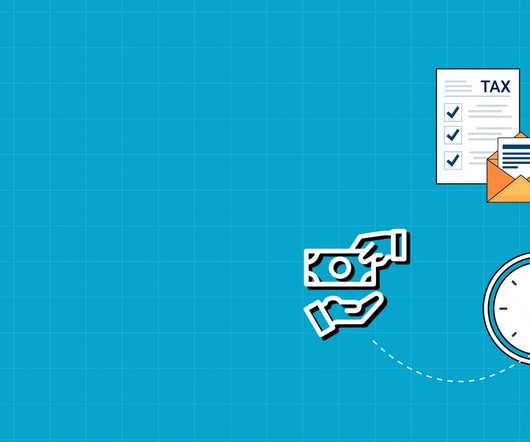Payroll Taxes for an Employer: How Is Payroll Tax Calculated?
Snyder
FEBRUARY 12, 2023
Payroll taxes can be daunting for employers to calculate and pay. With the numerous tax laws, regulations and compliance requirements, employers are required to be up-to-date on the latest regulations to ensure they’re making accurate and timely payroll tax payments. It is not intended to provide any tax advice.











Let's personalize your content